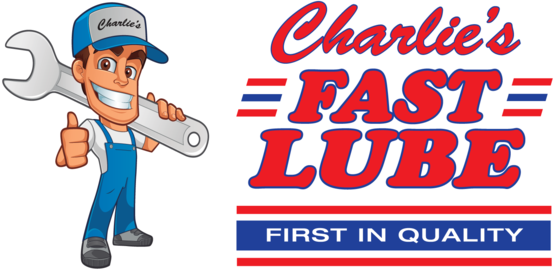The Right Oil for the Season (Engine Oil Viscosity)
February 20, 2022
As the temperatures plunge, certain types of engine oil may not flow as easily as they did when it was warmer. Makes sense, doesn't it? Just like molasses gets thicker as the temperature goes down, engine oil does the same thing. So, maybe you're wondering if you have to change your oil as the seasons change so it's just the right thickness to lubricate your engine parts.
How well engine oil flows is called its viscosity. There are different types of oil—some that have just one viscosity and others called "multigrade" oils. Here's the difference.
A single viscosity oil will flow better when it's hot but not as well when it's cold. A multigrade oil is engineered so that its flow properties at cold temperatures are different than they are at warm temperatures. In other words, a multigrade oil can start out in colder temperatures acting like a thinner oil and then behave like a thicker oil when it's warm. That's a pretty cool trick and it's why multigrade engine oil is used in nearly all vehicles. Your vehicle's manufacturer has the correct viscosity of oil for your particular model included in the owner's manual.
Another choice you have to make when it comes to engine oil is whether you use conventional oil, synthetic oil or a blend of the two. Synthetic oils have some advantages over conventional, such as resisting breakdown better and withstanding higher temperatures.
Check with your service advisor to see which viscosity and type of oil is recommended for your vehicle. It's important that in cold weather, the oil flows through your engine at the right thickness so that parts are being properly lubricated. That will make sure you'll get good fuel economy and performance, no matter what the temperature is.
Charlie's Fast Lube Sikeston
2017 E. Malone
Sikeston, Missouri 63801
573-472-1139
http://www.charliesfastlubesikeston.com
Need Service?
More articles from Charlie's Fast Lube Sikeston

A Clean Start (Battery Cleaning)
February 8, 2026
Your vehicle is loaded with electrical devices. Computerized components are everywhere, so good electrical connections are important. Those begin with your vehicle's battery, so it's important that its connections are in top shape. Ever had a flashlight that didn't work, took out the old batteri... More

T for Transmission, T for Trouble (Automatic Transmission Trouble Signs)
February 1, 2026
One of the hardest working components of your vehicle is its transmission, shifting gears up and down when you need it to. The transmission is vital to your vehicle driving properly, and if you start to see signs of problems in it, its best to have them fixed earlier rather than later. (Since ne... More

In That Case? (Transfer Case Exchange)
January 25, 2026
Ever wonder how all-wheel-drive or 4-wheel-drive vehicles get the power from the engine to the front and rear wheels? The magic happens in what's called a transfer case. In some all-wheel-drive vehicles, it's sometime called a power take-off unit, or PTU. Inside the transfer case is a set of gea... More










